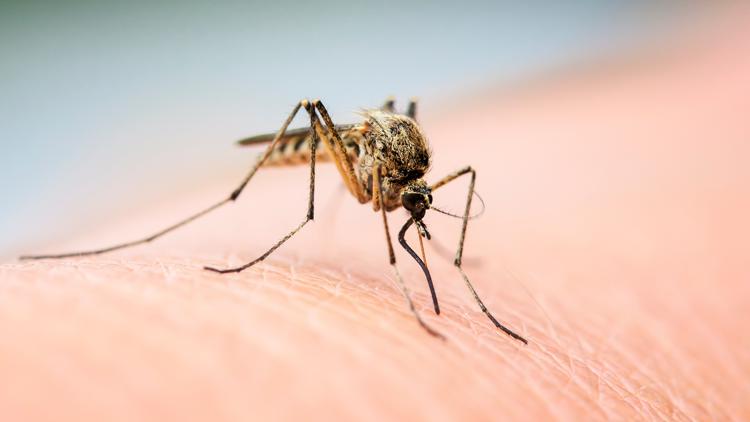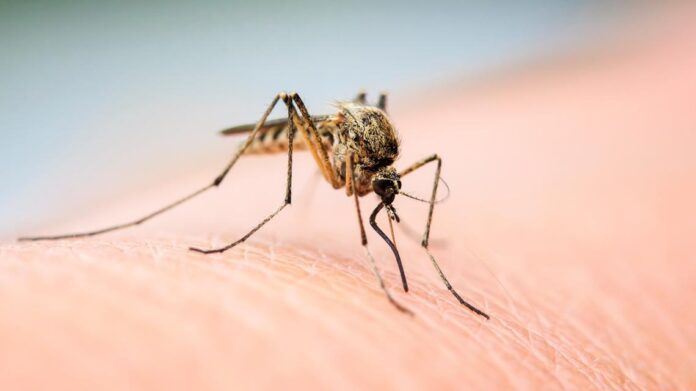
CHARLOTTE, N.C. — As summer kicks into full swing, so does mosquito season — and the recent rain is bringing them out more than usual.
According to the Centers for Disease Control and Prevention (CDC), more than 200 species of mosquitoes are native to the United States and its territories. Of those, 12 are capable of transmitting diseases that can make you seriously sick.
Let’s verify some of the biggest questions surrounding them.
OUR SOURCES
THE QUESTION
THE ANSWER
Yes, mosquitoes are the deadliest animal in the world.
WHAT WE FOUND
Mosquitoes are not physically violent like some other predators, but they do deliver diseases that kill an estimated 700,000 people per year worldwide, which is more than any other creature on Earth, according to the CDC and WHO. That’s why mosquitoes are considered the deadliest animal in the world.
While mosquito-borne illnesses like malaria, dengue fever and Zika virus are rare in the U.S., experts say prevention is key.
Using an EPA-registered insect repellent and keeping bugs out of your home with window and door screens or air-conditioning can significantly reduce your risk.
THE QUESTION
Are mosquitoes more attracted to a specific blood type?
THE ANSWER
Yes, mosquitoes are more attracted to certain blood types.
WHAT WE FOUND
There are four major blood types — A, B, AB and O — and some are more appealing to mosquitoes than others.
“Folks with O-type blood tend to be preferred hosts for mosquitoes and those who are Type A are least preferred among the blood types,” Shockley explained.
But blood type isn’t the only factor that can draw mosquitoes in. Sweating, drinking alcohol, and higher body temperatures can also increase your chances of getting bitten.
Contact Meghan Bragg at mbragg@wcnc.com and follow her on Facebook, X and Instagram.



